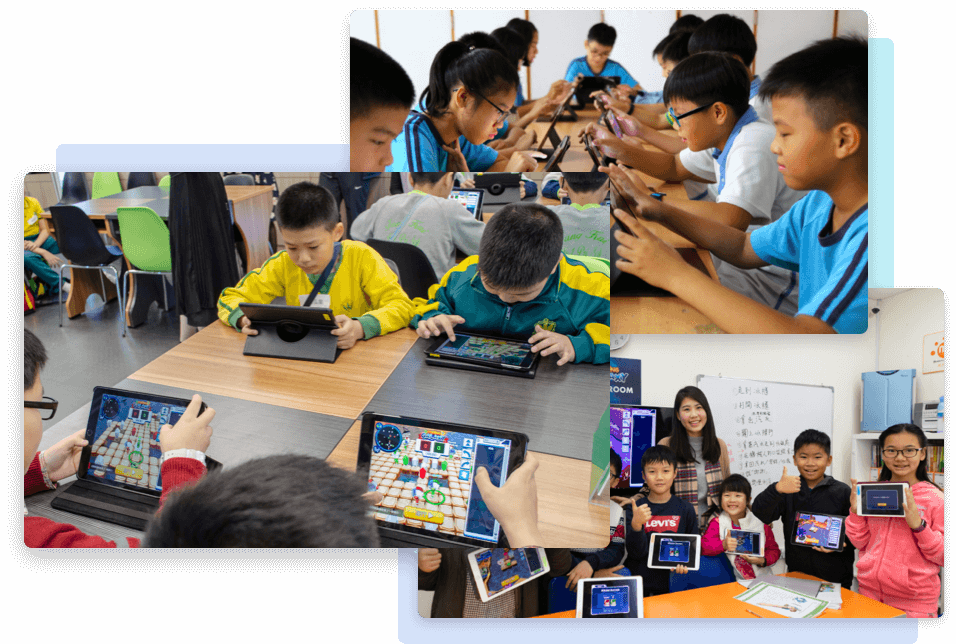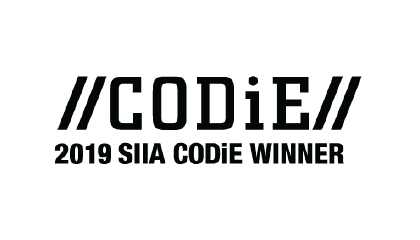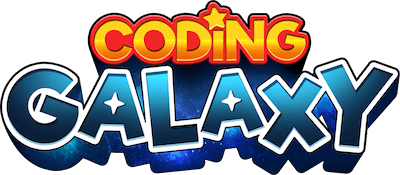Coding Galaxy
全方位小學計算思維教學方案

數碼化的大趨勢下,編程已經成為一門重要的學科,不少政府鼓勵學生從小打好編程根基。
Coding Galaxy 全方位小學教學方案為小學生提供全面的計算思維訓練,培養學生的思考及解難能力,為學生將來學習編程打好根基。Coding Galaxy 榮獲不同獎項,包括 Education Alliance Finland 優質教育認證,其評核標準獲芬蘭赫爾辛基大學教育研究者認可,證實Coding Galaxy 能夠提高學習效率。
除了訓練學生的計算思維, Coding Galaxy 最新的E-Sports 編程智競賽模式亦加強學生的團體合作精神及改善學生的表達傳意能力。
多元學習模式 打好計算思維基礎
計算思維學習
課程共 3 個級別, 學習內容連結大量日常生活例子,學生能夠更容易地理解抽象的計算思維概念。
基礎級
適合 5 – 7 歲學生(不需任何已有知識),共 16 小時
重點概念
序列
循環
事件
除錯
拆解
平行
學習重點
初步認識編程及計算思維概念
應用序列概念解釋日常生活
有條理地分析簡單問題
根據計劃內容預測執行結果
根據執行結果修改方案
認識「循環」結構及其用法
初級
適合 8 歲或以上學生(不需任何已有知識),共 16 小時
重點概念
序列
循環
事件
除錯
拆解
模式識辨
平行
學習重點
應用編程及計算思維概念
使用拆解法分析問題並制訂解決方案
根據執行結果修正及改良方案
識別重複出現的模式並使用「循環」結構簡化方案
高級
適合 8 歲或以上學生(不需任何已有知識),共 16 小時
重點概念
循環
事件
條件及分支
模組
除錯
拆解
模式識辨
摘要取捨
學習重點
綜合應用計算思維概念,靈活解決複雜問題
使用流程圖展示問題解決方案
使用「條件」結構改良解決方案
認識「模組」及其用法
縱向拆解問題,抽象理解問題並從高階制訂方案
符合國際標準
Coding Galaxy 的內容符合多個國際電腦科學教學的標準,集中培訓學生計算思維、協作能力和基本編程概念。 其中符合的標準包括 CSTA (Computer Science Teachers Association),即計算機科學教師協會,為全球計算機科學教師制定標準、進行教師培訓、舉辦行業會議之機構。CSTA 制定之標準,將K-12 階段電腦科學學習分為 3 個等級,Level 1–3,並根據各個等級對學生水平和要求訂立標準。 以下是 Coding Galaxy 達標的項目:
L1:3.CT.1
Use technology resources (e.g. puzzles, logical thinking programs) to solve age-appropriate problems
L1:6.CT.1
Understand and use the basic steps in algorithmic problem-solving (e.g., problem statement and exploration, examination of sample instances, design, implementation and testing).
L1:6.CT.2
Develop a simple understanding of an algorithm (e.g., search, sequence of events or sorting) using computer-free exercises.
L2.CT.1
Use the basic steps in algorithmic problem-solving to design solutions (e.g., problem statement and exploration, examination of sample instances, design, implementing a solution, testing and evaluation).
L2.CT.2
Describe the process of parallelization as it relates to problem solving.
L2.CT.3
Define an algorithm as a sequence of instructions that can be processed by a computer.
L2.CT.4
Evaluate ways that different algorithms may be used to solve the same problem.
L2.CT.6
Describe and analyze a sequence of instructions being followed (e.g., describe a character’s behavior in a video game as driven by rules and algorithms).
L2.CT.12
Use abstraction to decompose a problem into sub problems.
L3A.CT.1
Use predefined functions and parameters, classes and methods to divide a complex problem into simpler parts.
L1:3.CT.1
Use technology resources (e.g. puzzles, logical thinking programs) to solve age-appropriate problems
L1:6.CPP.6
Implement problem solutions using a block based visual programming language.
L2.CPP.5
Implement problem solutions using a programming language, including: looping behavior, conditional statements, logic, expressions, variables and functions.
L2.CPP.6
Implement problem solutions using a programming language, including: looping behavior, conditional statements, logic, expressions, variables and functions.
教育方案深受教育界及科技界肯定
Coding Galaxy 亦獲得 Education Alliance Finland 優質教育認證,其評核標準獲芬蘭赫爾辛基大學教育研究者認可,證實Coding Galaxy 能夠提高學習效率 。




合作伙伴

如果您有興趣成為我們的培訓合作夥伴或經銷商,請聯繫我們。

